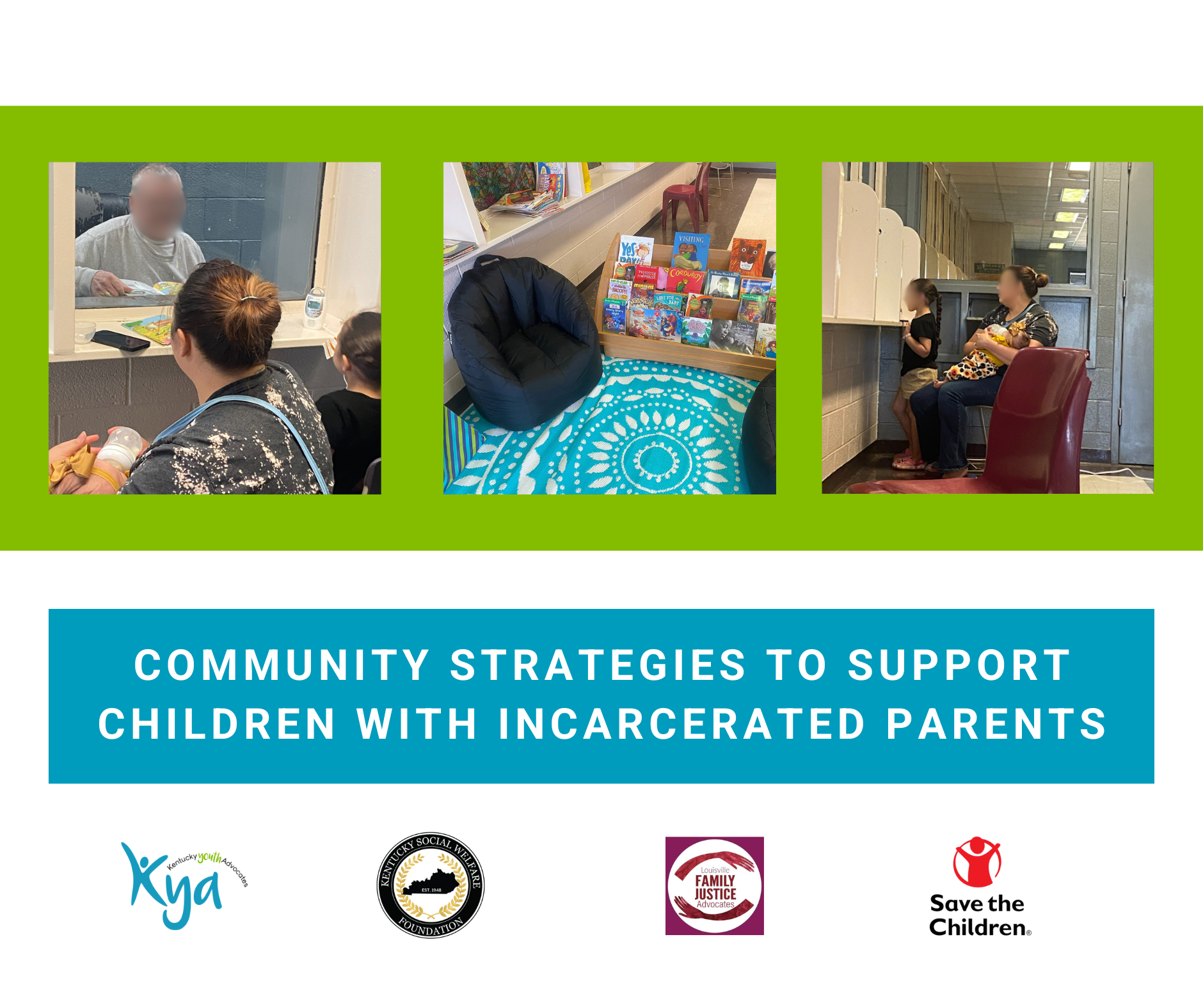The following post first appeared in A Better Life, a blog for the Courier-Journal about the aftermath of the recession. Something exciting about one solution to poverty cited – a state Earned Income Tax Credit received broad support on the show from experts across the political aisle. Dr. Eric Schansberg, an economics professor at Indiana University-Southeast and member of the Bluegrass Institute for Public Policy Board of Scholars in particular, believes it’s a great way to help working families make ends meet. It is easy to understand why people of different political views can agree on a state EITC: they help make sure that people who work hard are able to meet basic needs, support their families, and stay off welfare. They are a small investment that can make a big difference in the lives of working families.
 All children deserve to grow up safe, healthy, and ready to succeed. One message from KET’s special, “The Price of Poverty in Kentucky” which aired last week is that low-income families want for their kids what we all want for our kids: to be healthy and have opportunities. This dream is becoming more difficult as the price of poverty continues to take its toll on Kentucky families.
All children deserve to grow up safe, healthy, and ready to succeed. One message from KET’s special, “The Price of Poverty in Kentucky” which aired last week is that low-income families want for their kids what we all want for our kids: to be healthy and have opportunities. This dream is becoming more difficult as the price of poverty continues to take its toll on Kentucky families.
More than one in four Kentucky children lived in poverty in 2011. To be in poverty, a family of four would need to be earning less than $22,350 and 26% of children are living in families where this is the case. Experts on the KET special cited a lack of improvement in incomes, lack of effective action from policymakers, and decrease in manufacturing jobs as contributors to an increase of poverty in Kentucky.
“We lack the political will to tackle poverty.” These words from Louisville Councilwoman Attica Scott ring true. This problem spanning the country needs to be addressed with a comprehensive plan – a plan that looks at education, access to healthcare and food, and jobs. More specifically, the KET program cited three ways to alleviate poverty in Kentucky: 1) enact a state Earned Income Tax Credit; 2) adopt comprehensive tax reform that takes some of the burden off Kentucky’s lowest income individuals; and 3) invest in early childhood education. These are three clear ways to tackle the problem in Kentucky.
Will policymakers show the courage needed to enact the recommendations? There is speculation that Governor Beshear will call a special session this year to address tax reform, specifically the tax reform recommendations that came out of the Blue Ribbon Committee on Tax Reform at the end of last year. Those recommendations included an EITC. We will have to wait to see whether 2013 is the year policymakers tackle poverty – or if Kentucky’s kids have to wait another year for our leaders to step up.






Leave A Comment